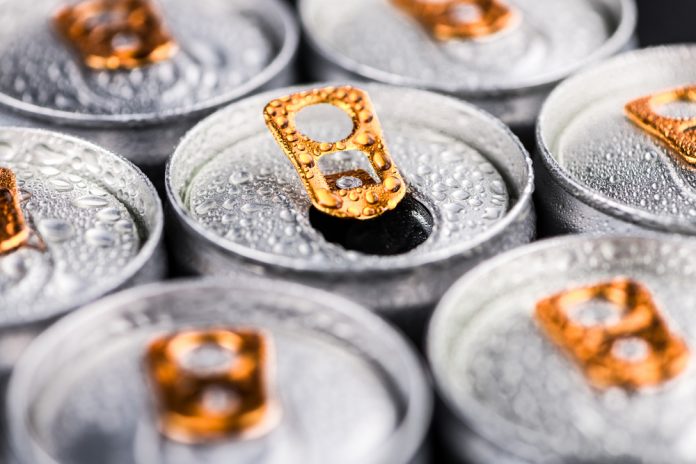Hundreds of potentially harmful energy drinks have been cleared off South Australian shop shelves, as part of a crackdown on highly caffeinated drinks.
The state government has announced that more than 100 retailers had been inspected as part of the blitz, with 700 products seized – some with almost double the maximum permitted level of caffeine.
SA Health officials discovered 18 businesses selling non-complaint energy drink products. Warning letters were issued to 13 businesses and two businesses received expiation notices, totalling $3000.
Under the Australia New Zealand Food Standards Code, it is illegal to sell energy drinks which contain more than 320 mg/L of caffeine.
The most caffeinated energy drinks found were labelled GFUEL, Bang, and Raze Energy which contained 300mg of caffeine in each 473ml can.
Other energy drinks found which exceeded regulations were branded C4, Ghost, Ryse Fuel, 3D and Redcon1, with products seized containing 200mg of caffeine in 473ml cans.
Some of these brands are said to have products on the market which comply with permitted caffeine levels.
“The Malinauskas government has made it clear that energy drinks that exceed the regulations should not be available for sale in South Australia,” says SA Minister for Health and Wellbeing Chris Picton.
“We’re actively working to remove the products from shop shelves, but it’s important that businesses play their part too by not importing or stocking these products in the first place.
“The level of caffeine in them can be harmful to both physical and mental health, particularly among kids. Alarmingly, the products appear to be purposefully marketed towards teenagers.
“I’d encourage businesses to check that the energy drinks they sell comply with national food standards, and those purchasing energy drinks should always check the caffeine levels first.”
While there is no nationally recognised safe level of caffeine consumption, the South Australian government says consuming large amounts can cause insomnia, anxiety and depression as well as cardiovascular issues, heartburn, ulcers, seizures and in rare cases, even death.
“Consuming excessive amounts of caffeine has the potential to cause harm to teenagers, with the recommended maximum daily intake for teenagers being 3mg per kilogram of body weight,” says the government.
“For healthy adults, a daily total of 400mg and a maximum of 200mg in a single serving, is generally considered safe, while people who are pregnant or breastfeeding should not exceed 200mg a day.”





